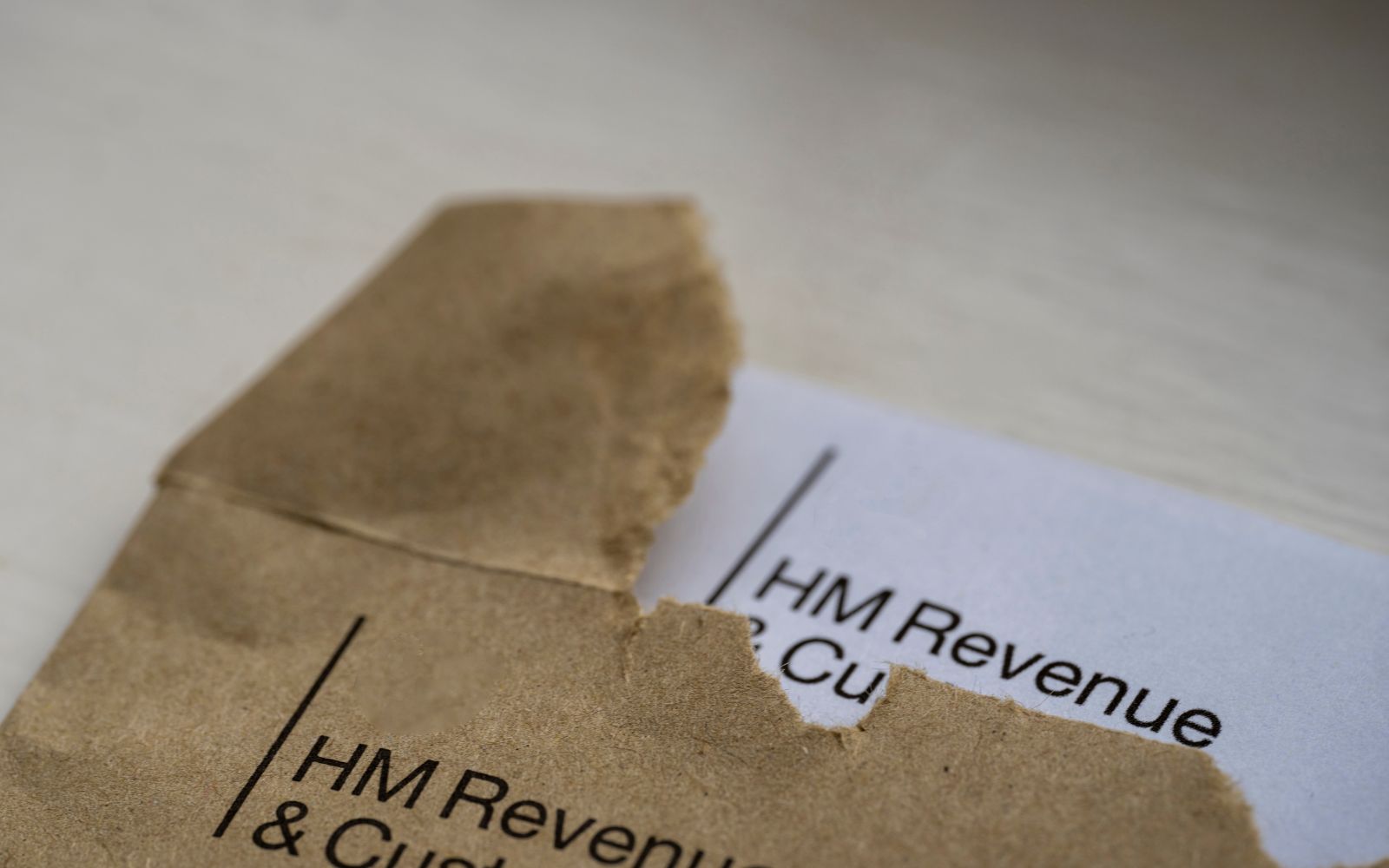COVID-19 Financing Hub

We updated this page on 7th January 2021.
For almost a year now, the COVID-19 pandemic has caused disruption to the UK economy and livelihoods.
The third national lockdown started on 5 January 2021. It poses new challenges to nearly all UK businesses, and for many this translates into short term cash flow longer term funding needs.
If you want to speak to a member of our team and be advised on how to best cope with the challenges from a financial point of view, please contact your Account Manager or Ben, Seema or Adam.
In this Hub we’ve outlined some of the available options for businesses to obtain funding – both COVID-19 and pre-existing initiatives.
1. Loans & Debt
Loans and debt finance may be the quickest option when it comes to raising finance to get through a rough period. Here are the main alternatives available.
Director & Shareholder Loans
Director and shareholder loans are the easiest and quickest way to inject funds into your business.
Director and shareholder loans are usually flexible on terms and.
It is important to check your articles/shareholders agreement for any approvals required at board or shareholder level.
Note: Care needs to be taken with loans specifically made to the company by SEIS/EIS investors. For investors looking to make a future SEIS/EIS investment into the company, generally, we would not recommend extending a shareholder loan.
Start-up Loans Scheme
The government backs the Start-up loan scheme which is a government-backed personal loan available to directors.
Directors in a business can individually apply for up to £25,000 each, with a maximum of 4 director applying, or £100,000 available per business. The loans are typically repayable over 4-6 years with an interest rate of 6% p.a.
The loan is unsecured (i.e. no security against assets or guarantors are required to support an application), however, should the business not succeed, the directors will still need to continue with the remaining payments.
In addition to finance, successful applicants receive 12 months of free mentoring and exclusive business offers to help them succeed.
Most start-ups less than 2 years old are eligible. We recommend applying either through Outset Finance or Virgin Start-Ups.
Bounce Back Loans
Bounce Back Loans are designed for SMEs to borrow between £2,000 and up to 25% of their turnover. The maximum loan available is £50,000.
Note that this option is not suitable for pre-revenue businesses.
The Government will be paying interest on the loan for the first 12 months and will also guarantee 100% of the borrowed amount. After the first year, the interest rate is 2.5% p.a.
Bounce Back Loans are available through accredited lenders of the British Business Bank. Applications, as well as top-ups to existing loans, are open until 31 March 2021.
Coronavirus Business Interruption Loan Scheme
The CBILS allows businesses with a turnover up to £45m to access loans and other kinds of finance up to £5 million.
The government guarantees 80% of the finance to the lender and pays interest and any fees for the first 12 months. Loans of less than £250,000 do not require personal guarantees.
One of the key eligibility criteria is ability to service the debt. Lenders commonly look at a business’ EBITDA (profitability, and proxy for free operating cash flows) for the 12 months ending 31 December 2019, i.e. pre-COVID-19.
The scheme is delivered by 117 accredited lenders through the British Business Bank, applications are open until 31 March 2021. Interest rates vary, typically between 3% and 8% depending on the lender (high street banks lower than challenger banks), security provided and the strength of the balance sheet and P&L.
Funding Finder (Swoop)
The number of options for debt products available to SMEs has grown quite considerably recently. We’ve set up a webpage with our partner Swoop, that can match you with suitable debt products, and you can receive advice.
Revenue-Based Loans (Uncapped)
Our partner Uncapped provides loans of £10k-£1m to businesses that process payments online with monthly turnover >£25k (e.g. ecommerce, subscription models, D2C, apps, SaaS…)
One flat fee (6%), no interest, no equity, no hidden charges and no personal guarantees. Check if you qualify.
Future Fund Convertible Loans
The Future Fund provides loans between £125,000 and £5m over a maximum term of 36 months if this is matched by a private investor on a pound-for-pound basis.
The Loan will automatically convert into equity at a minimum discount rate of 20% at the next qualifying equity funding round. It will automatically convert into the most senior class of shares in the company.
If there is no qualifying round, it is up to the investors and the government whether to seek repayment with a 100% premium or to convert the loan into equity at the discounted price.
To be eligible for a loan from the Government under this scheme, a business must be an unlisted UK registered company that has raised at least £250,000 in equity funding within the last 5 years, in aggregate from private third-party investors in previous funding rounds, and have a substantive economic presence in the UK.
The Scheme allows for a range of eligible investors, including FCA-regulated firms, certified high-net-worth individuals and sophisticated investors.
2. Grants & Cash Back
There is a range of solutions available that allow you to access finance with no repayment needed, in the form of cash back from the government, or non-repayable grants.
R&D Tax Credits
R&D Tax Credits are a popular scheme amongst innovative UK SMEs, with average company claiming £45k p.a. back on qualifying R&D spend. We can help you submit a claim, get in touch with us for more information.
Note, there are organisations that will advance R&D Tax Credit monies typically for an overall cost of 3-5% of the borrowed amount plus circa 1% pcm in interest.
R&D Tax Credits is one of Finerva’s areas of specialism. We can advise, prepare, and manage your claim with HMRC. Get in touch if you would like to speak with one of our R&D Specialists.
Coronavirus Grants
Businesses required to close due to coronavirus restrictions may be eligible for cash grants distributed by their local councils.
Precise eligibility criteria and application processes vary based on your local council, therefore the first step to take is to visit the website of your local council.
Most grants depend on the business premises’ rateable value, including the latest one, introduced by Chancellor Rishi Sunak on 6 January 2021:
- Businesses with a rateable value of £51,000 or over will receive grants of £9,000;
- Businesses with a rateable value between £15,000 and £51,000 will receive grants of £6,000;
- Businesses with a rateable value of £15,000 or under will receive grants of £4,000.
Innovate UK Grants
Long before COVID-19, innovative companies have been benefitting from Innovate UK grants to fund their research and development projects. During COVID-19, the Chancellor has announced plans to increase the level of Innovate UK grant funding available.
You can check Innovate UK’s website at any time to search for funding opportunities. Innovate UK recently published a series of short PDF guides to help companies navigate the application process.
Culture Recovery Fund
Cultural organisations (both profit and not for profit) based or operating in England can apply for this up to £3m in grants from the Arts’ Council England.
Round two of the Culture Recovery Fund is now open until the 26th of January 2021.
For profit organisations can apply for up to £1m in grants, while not-for-profit, local authorities or universities can apply for up to £3m. Applicants must be registered with Arts Council by midday on the 21 January 2021, and submit their application by the 26 January 2021.
3. Paying your employees
Several government schemes are available to cover wages of employees who are not able to work due to reduced business or business closures, as well as incentives to companies hiring new workers.
Coronavirus Job Retention Scheme (CJRS)
The CJRS enables employers to retain staff during the COVID-19 pandemic. It was initially announced on 20 March 2020.
The Government will refund 80% of each furloughed employee’s wages as a grant administered by HMRC, up to £2,500 per employee per month. The Scheme is administered by HMRC.
The Scheme has assumed different formats throughout the past 12 months, but the current version, extended to the 30 April 2021, covers 80% of wages up to £2,500, excluding NICs and pension contributions.
Read our dedicated Job Retention Scheme page for eligibility details and how to claim.
Kickstart Scheme
Through the Kickstart Scheme, the Government funds new job placements for 16-24 year olds on Universal Credit who are at risk of long term unemployment.
The Scheme covers the National Minimum Wage or National Living Wage for 25 hours per week for a total of 6 months, including NICs and pension auto-enrolment contributions.
Employers can spread the start date of the job placements up until 30 December 2021.
As the Scheme is only available for at least 30 job placements at a time, we recommend smaller businesses to use an intermediary such as our friends at AAI Employbility.
Statutory Sick Pay Refund
For businesses with fewer than 250 employees, the cost of providing 14 days of statutory sick pay per employee affected by the coronavirus will be refunded by the government in full.
Employers can claim a maximum of £191.70 per employee under the scheme – two weeks at the current rate of SSP (£95.85 per week).
The Scheme is compatible with the Job Retention Scheme, however not for the same period of time.
4. Deferring Your Taxes
VAT
Under the original deferral scheme, VAT Payments for Q2 2020 could be deferred until the end of the tax year, meaning that businesses have until 31 March 2021 to repay their VAT liabilities from 1 April to 30 June 2020.
If businesses cannot pay their deferred VAT in full before 31 March 2021, they will be able to pay in interest-free monthly instalment for up to a year. Full details of this new deferral are still to be released.
Income Tax Self-Assessment
Income Tax Self-Assessment payments due on 31 July 2020 can be deferred until the 31 January 2021.
Payments up to £30,000 can be paid in instalments online without having to contact HMRC directly, otherwise you will have to set up a Time To Pay instalment arrangement.
HMRC Time To Pay
Businesses affected by the coronavirus that have outstanding tax bills they cannot pay because of the outbreak may be able to agree bespoke payment terms through the HMRC Coronavirus Helpline.
At the moment HMRC can agree to defer the payments for PAYE and NICs with no penalties for late payments. However, the official line from HMRC is still that the interest charge of 2.75% per annum will still accumulate on late payments.
It is very important that, if you are having difficulties paying HMRC, you get in touch with them as soon as possible. Don’t just “not pay“. Make sure you call them first and agree new payment terms.
5. Business Rates Relief
Businesses operating in the retail, hospitality and leisure sectors are exempt from Business Rates for the 2020/21 tax year. This applies to properties that are mainly used as:
- Shops, restaurants, cafes, drinking establishments, cinemas and live music venues,
- Assembly and leisure venues, like gyms, spas or sports clubs;
- As hotels, guest and boarding premises and self-catering accommodation;
- As a nursery providing care and education to children up to 5 years old, as long as they are on Ofsted’s Early Years Register.
6. Equity Financing
If you have pledges for investment, then we recommend you get the funds in as soon as possible. If you cannot complete the round in a couple of weeks, consider using an Advance Subscription Agreement. It is a very straightforward 2-page letter, generally EIS/SEIS compliant for investors (but we recommend taking advice here).
Note: under an ASA it is common to offer a discount of 10% on the final investment share price, as an incentive for providing funds in advance of closing the round.
If you have not secured any external funding yet, it’s a good idea to get approved for EIS or SEIS, which reduces investors’ risk when investing into young, high-growth UK businesses.
Remember, we’re here to help
If you want to speak to a member of our team and be advised on how to best cope with the challenges from a financial point of view, please contact your account manager or Ben, Seema or Adam. If you are not a client yet, get in touch here.
The information available on this page is of a general nature and is not intended to provide specific advice to any individuals or entities. We work hard to ensure this information is accurate at the time of publishing, although there is no guarantee that such information is accurate at the time you read this. We recommend individuals and companies seek professional advice on their circumstances and matters.




